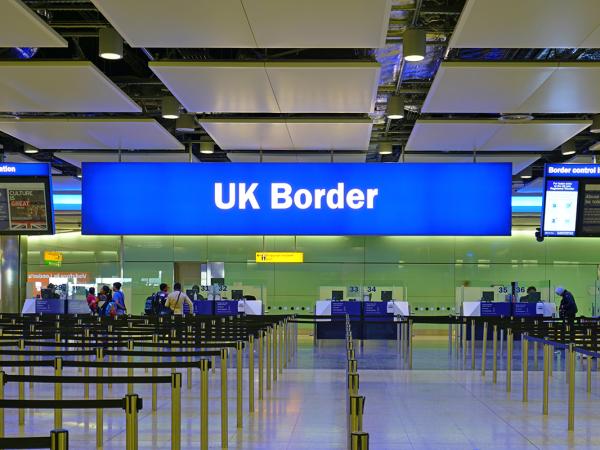Dual tax residence
It is possible to be resident for tax purposes in more than one country at the same time. This is known as dual residence.

Overview
For UK tax purposes, you work out your residence status under the statutory residence test. The outcome of that test is that you are either resident in the UK or not resident in the UK.
If you are not resident in the UK under the statutory residence test, then UK law does not determine which other country you are resident in. Instead, you need to consider the domestic law of the other country (or countries) to work that out.
Other countries may determine your residence status in that country under different rules from the UK. This means that it is possible to be resident in the UK and another country at the same time. This is shorthand for saying that you are:
- resident in the UK under the UK’s own rules (the statutory residence test), and at the same time
- resident in another country under that country’s rules.
Note that because the UK tax year ends on the 5 April and most other countries’ tax years end on 31 December, you may be dual resident for only part of the UK tax year (though when you are arriving or leaving the UK in the year and eligible for split-year treatment, then you will be treated as non-resident in the UK for the overseas part of that year).
For a period of dual residence, double taxation agreements are particularly important in resolving any double taxation which may arise. When interpreting a double tax treaty for a dual residence period, you need to work out in which country you are resident for the purposes of the treaty. This is usually determined by a series of ‘tie-breaker’ tests to determine that country. Usually this is the country which is:
- the country where you have a permanent home available to you, or otherwise,
- if you have a permanent home in both countries, the country (permanent home) where your personal/economic ties are closer (this is known as your ‘centre of vital interests’), or otherwise,
- if it is not possible to determine at which permanent home your centre of vital interests lies, or if you do not have a permanent home, the country where you have a habitual abode, or otherwise,
- where the habitual abode test is not decisive, the country where you are a national, or otherwise,
- if you are a national of both countries (or of neither), then the countries must settle the matter by mutual agreement.
Being treaty-resident in a country doesn’t necessarily mean that you are taxable there on all your income for the dual resident period. Nor does it mean that you are taxed as a non-resident in the country in which you are not ‘treaty resident’.
Your treaty residence status does not actually change your domestic resident status in either country. This is important when considering how your residence position may impact your UK tax position in other ways (for example, the deemed domicile rules).
Instead, you need to look at the specific article of the treaty for each of your sources of income during that period. See the example below.
More information
The HMRC helpsheet 302 provides further information on dual residence.
There is a list of the current double taxation agreements on GOV.UK.
If you are dual resident in the UK and a country that does not have a double taxation agreement with the UK, then you can usually set off tax paid in one country against tax due in the other country (see our page on Double taxation under the heading Unilateral relief).
We recommend that you seek professional advice if you find yourself in a dual residence situation.



